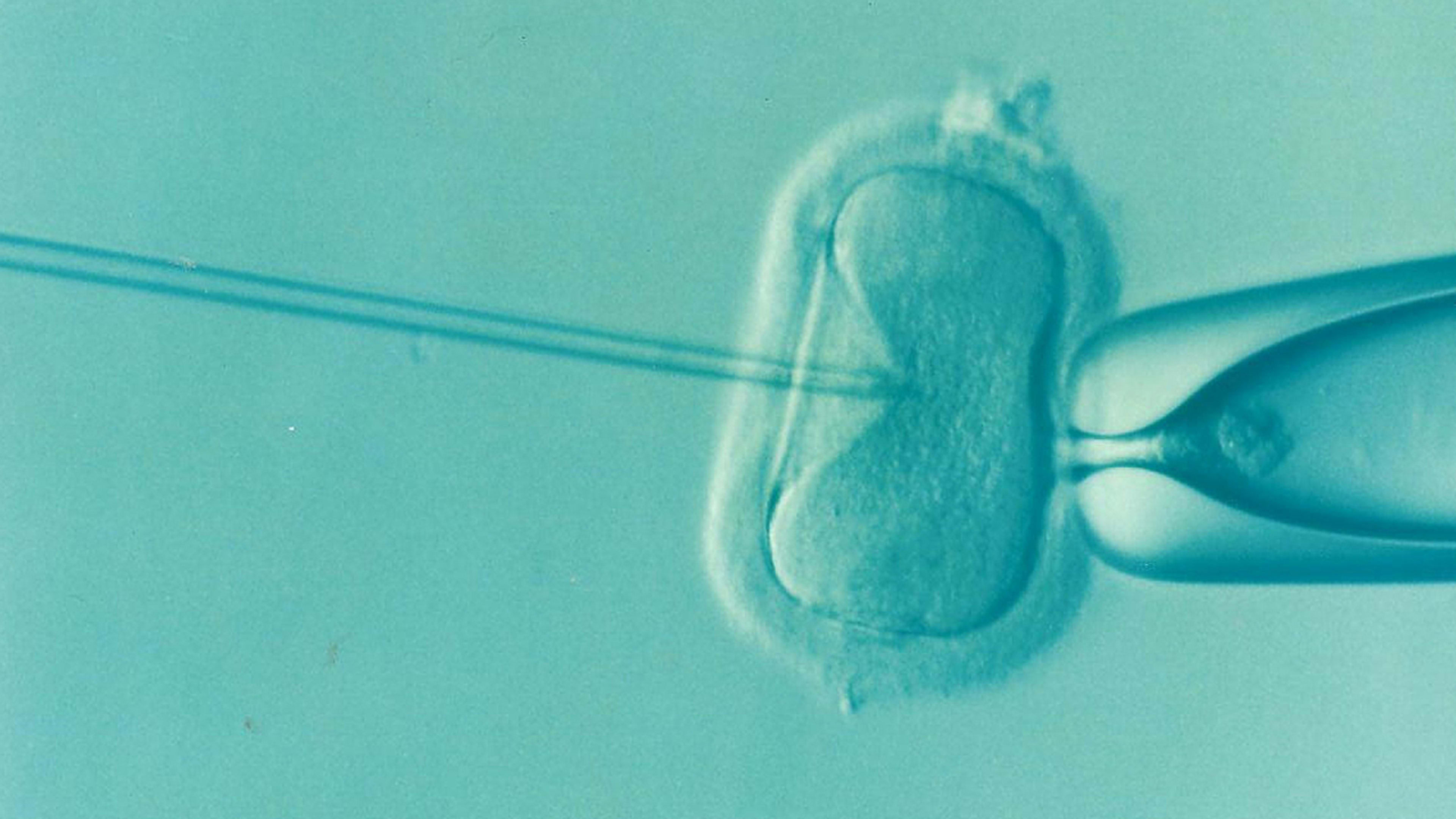More and more companies are wooing employees with the promise of contributions toward in-vitro fertilization sessions, egg freezing, and other fertility treatments. Two-thirds of employers say they plan to offer some form of fertility benefit by 2019, up from 55% in 2017, according to consulting firm Willis Towers Watson. As a whole, the market for global fertility services is expected to reach $21 billion by 2020, notes Technavio in a 2016 report.
Egg freezing and IVF have been touted as miracle procedures, allowing women to push further in their careers before having to take time off for kids, or just letting them hold off on family planning until they meet the right partner.
While a fast freezing process known as vitrification has significantly lowered the chance that eggs and embryos will inadvertently get destroyed, success rates for IVF are under 50%—even for healthy women. The vast majority of women don’t end up using their frozen eggs (or, at least, they haven’t yet) says one recent study. Thanks to technological advances, there are also more embryos left over.
So what happens to those unused eggs and embryos? Well, that’s largely up to the person who’s biological material it belongs to. In our new series Are We There Yet?, I explore the promise of technology and how it affects people’s lives. For the first episode, I spoke with Minnie Ingersoll, a tech worker who received financial support from her job to help her conceive. She talks through her IVF process and her current range of options.
I also spoke with Arthur Caplan, director of medical ethics at the New York University School of Medicine, about the legal implications of choosing to donate one’s eggs or a couple’s embryos.
Check out the first episode in the embedded video, and look out for new episodes of Are We There Yet? every Wednesday here and on YouTube.
Recognize your brand’s excellence by applying to this year’s Brands That Matter Awards before the early-rate deadline, May 3.
